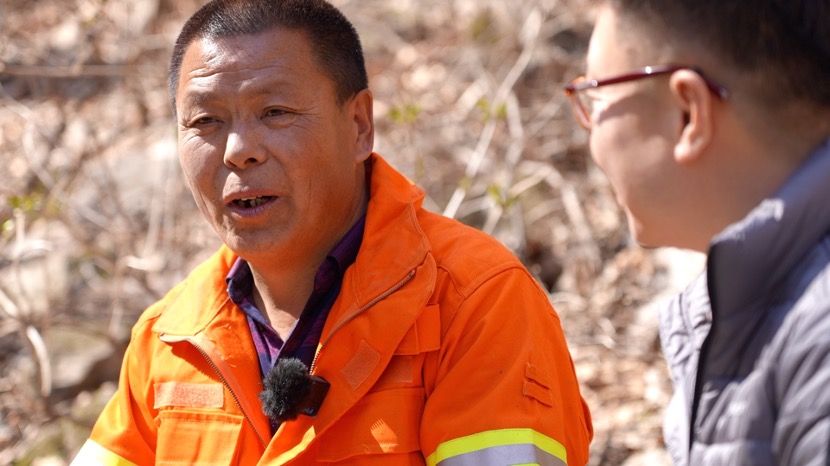China’s efforts to protect the natural environment have come a long way in recent decades. In 1998, the country introduced the Natural Forest Protection Program to restore fragile ecosystems and drive afforestation. CGTN travels to northeast China’s Liaoning Province and discovers why trees are more valuable alive than dead as the legacy of the ban lives on.
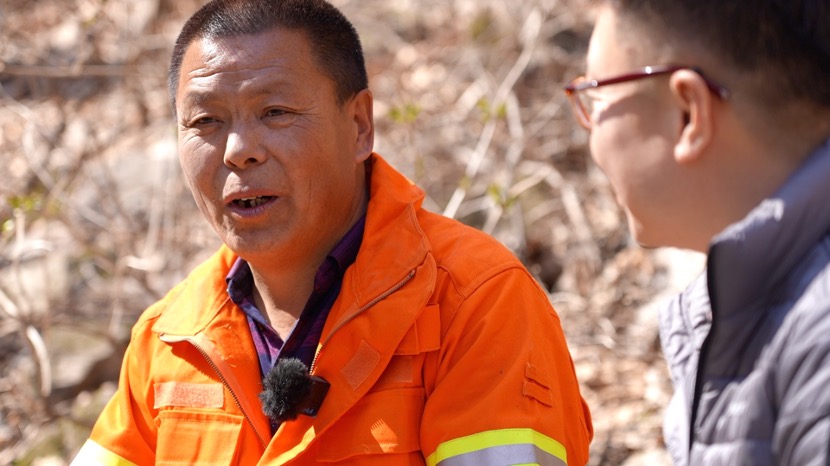 Zhang Chunyou, a former lumberjack turned forest ranger. /CGTN
Zhang Chunyou, a former lumberjack turned forest ranger. /CGTN
Zhang Chunyou, a former lumberjack turned forest ranger. /CGTN
For 40 years, Zhang Chunyou, who started working as a lumberjack in his 20s, has never left the forest. It was people like him who helped feed the timber hunger driven by economic and population growth in China.
“After a tree was cut down, it was sold for just a few hundred yuan. Everyone in the forest farm earned low wages,” said Zhang, a former lumberjack of the Fenglin Forest Farm in Liaoning Province.
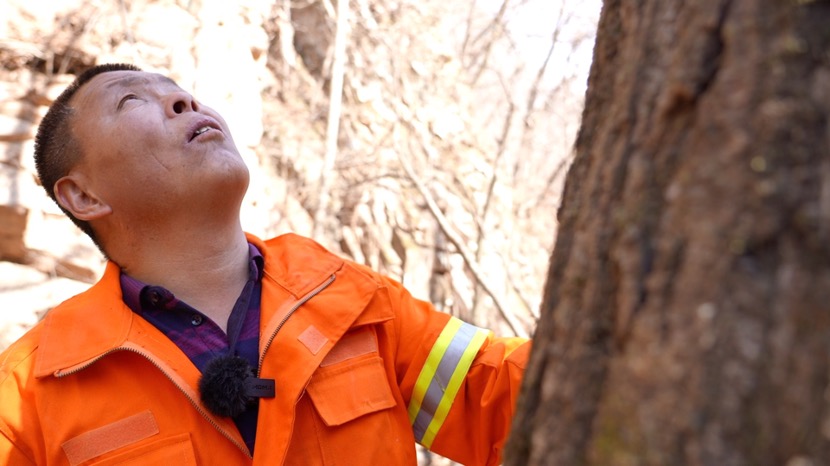 Zhang Chunyou, a former lumberjack turned forest ranger. /CGTN
Zhang Chunyou, a former lumberjack turned forest ranger. /CGTN
Zhang Chunyou, a former lumberjack turned forest ranger. /CGTN
For lumberjacks like Zhang, the introduction of a complete ban on commercial logging put his family’s livelihood at stake, threatening their ability to put food on the table. It was also a life-changing event as the lumberjack became a forest ranger.
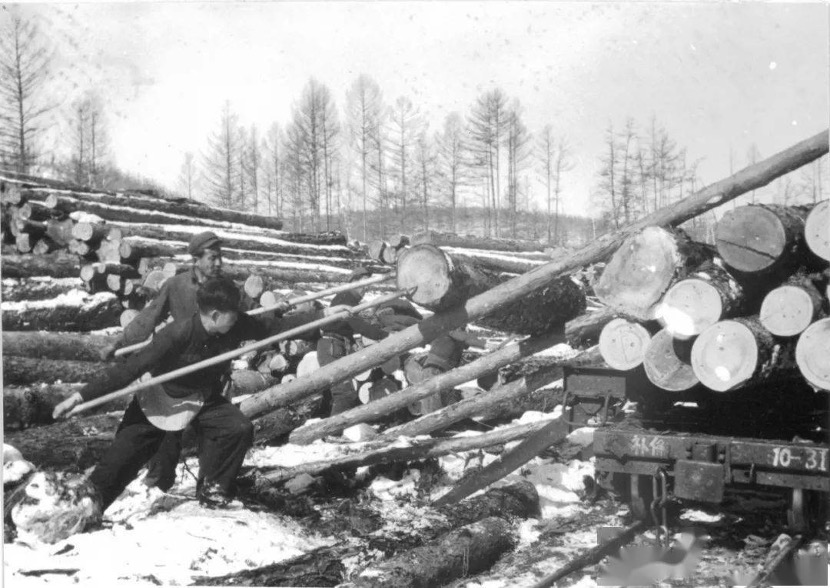 The country’s extensive logging since the early 20th century has led to forest loss and degradation, with spiraling effects on the environment. /Photo provided by Fenglin Forest Farm
The country’s extensive logging since the early 20th century has led to forest loss and degradation, with spiraling effects on the environment. /Photo provided by Fenglin Forest Farm
The country’s extensive logging since the early 20th century has led to forest loss and degradation, with spiraling effects on the environment. /Photo provided by Fenglin Forest Farm
The country’s extensive logging since the early 20th century has led to forest loss and degradation, with spiraling effects on the environment. Research shows that nearly 40 percent of China’s forests were impacted during the 1980s and 1990s. For Zhang, the logging ban 20 years ago was a challenge.
“Me and my wife had to borrow money from friends and relatives to send our daughter to school. Both of us worked on the forest farm, and no more logging meant no money coming in,” Zhang told CGTN.
Following the ban, tens of thousands of workers in the state-owned forest farms put down their axes to work on forest farms or become forest rangers. Thanks to the forest’s beautiful autumn maple leaves, the farm’s management decided to try tourism.
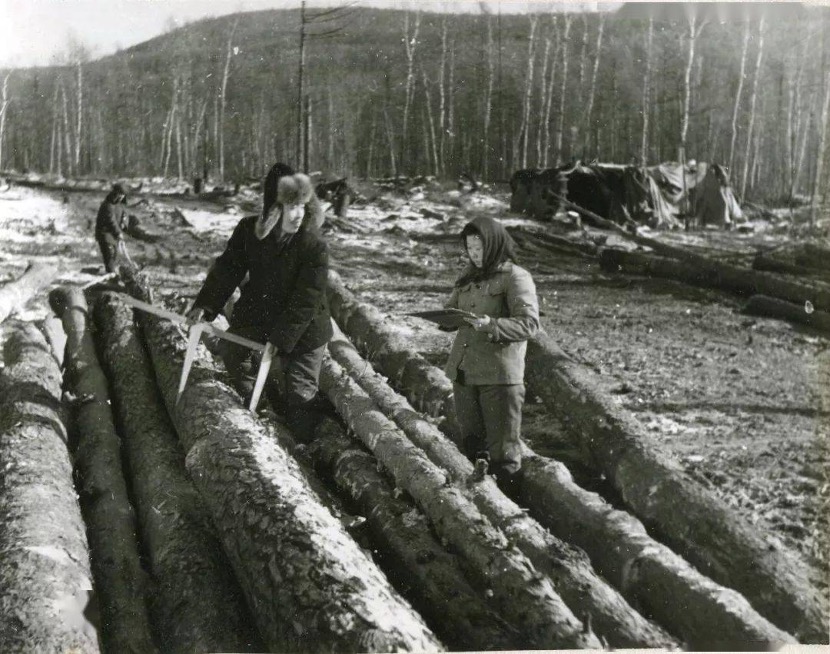 Research shows that nearly 40 percent of China’s forests were impacted during the 1980s and 1990s. /Photo provided by Fenglin Forest Farm
Research shows that nearly 40 percent of China’s forests were impacted during the 1980s and 1990s. /Photo provided by Fenglin Forest Farm
Research shows that nearly 40 percent of China’s forests were impacted during the 1980s and 1990s. /Photo provided by Fenglin Forest Farm
Wang Guochun, the manager of Fenglin Forest Farm, said, “The scenic valley was finally opened in 2013. It took a lot of courage to make the decision since it was an investment made by us and the nearby farms. In the first month, we were surprised to see ticket revenue exceeding 2 million yuan (about $276,460) – the kind of money we normally made from logging in a year!”
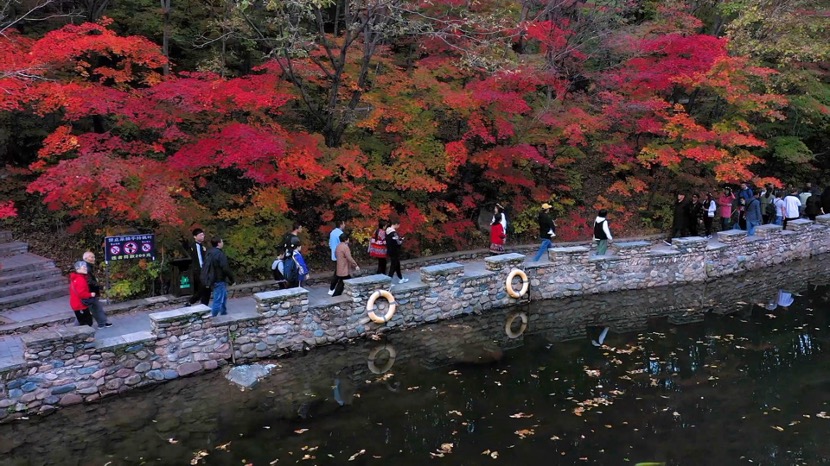 This scenic valley was opened in 2013. In the first month after opening, ticket revenue exceeded 2 million yuan. It would normally take the farm a year of logging to make that kind of money. /CGTN
This scenic valley was opened in 2013. In the first month after opening, ticket revenue exceeded 2 million yuan. It would normally take the farm a year of logging to make that kind of money. /CGTN
This scenic valley was opened in 2013. In the first month after opening, ticket revenue exceeded 2 million yuan. It would normally take the farm a year of logging to make that kind of money. /CGTN
When introduced in 1998, China’s Natural Forest Protection Program’s mission was to transform the country’s timber-intensive forestry industry into one highlighting environmental sustainability.
Today, China’s total afforestation accounts for nearly 5 percent of global net growth in green areas, and the forest coverage in China has soared from 12 percent in the 1980s to 24 percent last year, according to the National Forestry and Grassland Administration.
“From selling trees to selling scenery, this made us realize that trees are more valuable alive than dead and down,” said Zhang.
